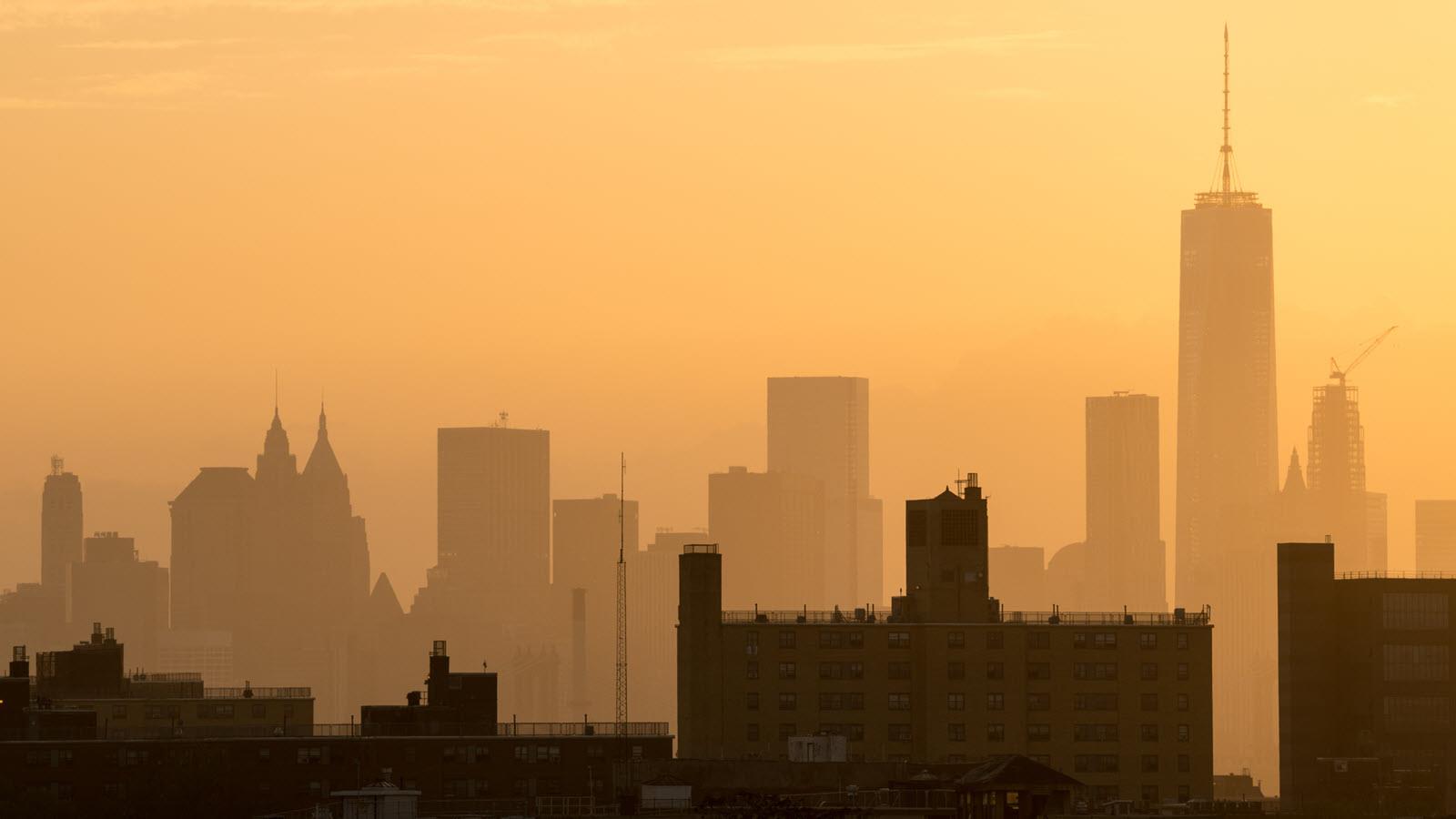Smoke from wildfires in Canada blanketed millions of people in the northeast and Midwest regions of the United States this week. An orange sun hung in a hazy sky and a persistent campfire scent wafted in the air.
Until weather patterns shift, the American Lung Association recommended precautions for all, but especially for those who already have chronic lung diseases or conditions such as chronic obstructive pulmonary disease (COPD). Alpha 1 Antitrypsin Deficiency, a rare lung condition treated with plasma-based medicine, is often mistaken for COPD because it causes similar respiratory symptoms. If impacted by wildfire smoke, those at risk should contact their physician, the American Lung Association urges.
When air quality is at its worst, lung patients – as well as young children and the elderly – are better off indoors, Dr. Albert Rizzo, Chief Medical Officer with the American Lung Association told Erie News NOW.
Wildfire smoke contains particles and gases from burning trees and other debris, according to the U.S. Centers for Disease Control. It can cause symptoms like difficulty breathing, headaches, stinging eyes and scratchy throats.
While indoors, keep windows closed while running air purifiers and air conditioners, experts recommended in New York, whose skyline was eerily obscured on Wednesday. Wildfires are nothing new across the globe and in the U.S., especially in California, but the far-drifting smoke was unusual for the northern and middle regions of the nation. To protect lungs from wildfire smoke, the American Lung Association recommends air purifiers with HEPA filters and, if going outside, an N95 mask.
The nonprofit organization also suggests following the Air Quality Index. Readings were so poor for parts of the northeast on Wednesday that outdoor activities were cancelled, including Major League Baseball games in New York and Philadelphia. The service monitors air quality and issues alerts by geographic region as it did this week.
During an air quality alert, limit time outdoors, make only essential trips in your car and avoid operating machinery such as gas-powered lawnmowers, the National Weather Service recommends.



